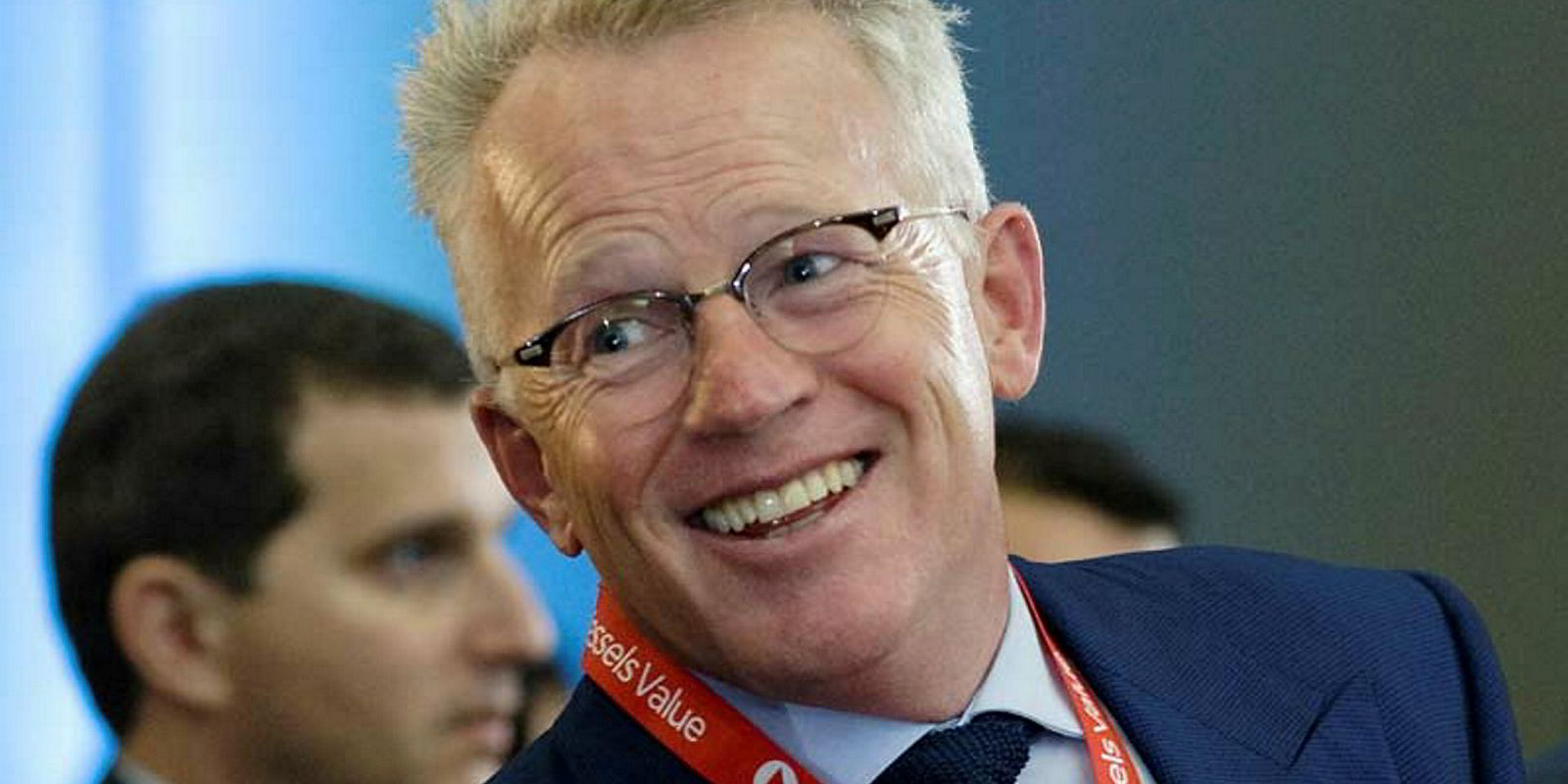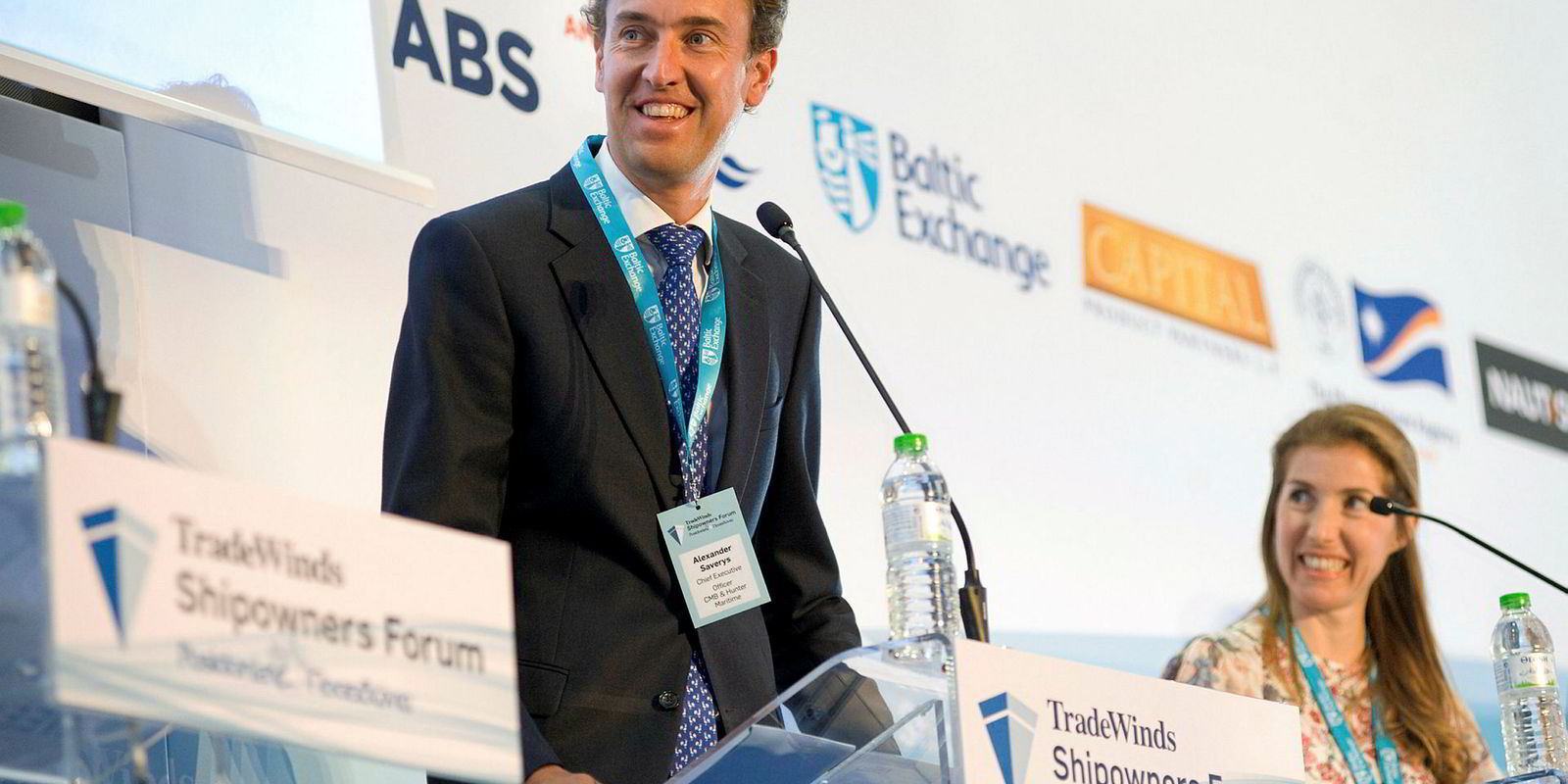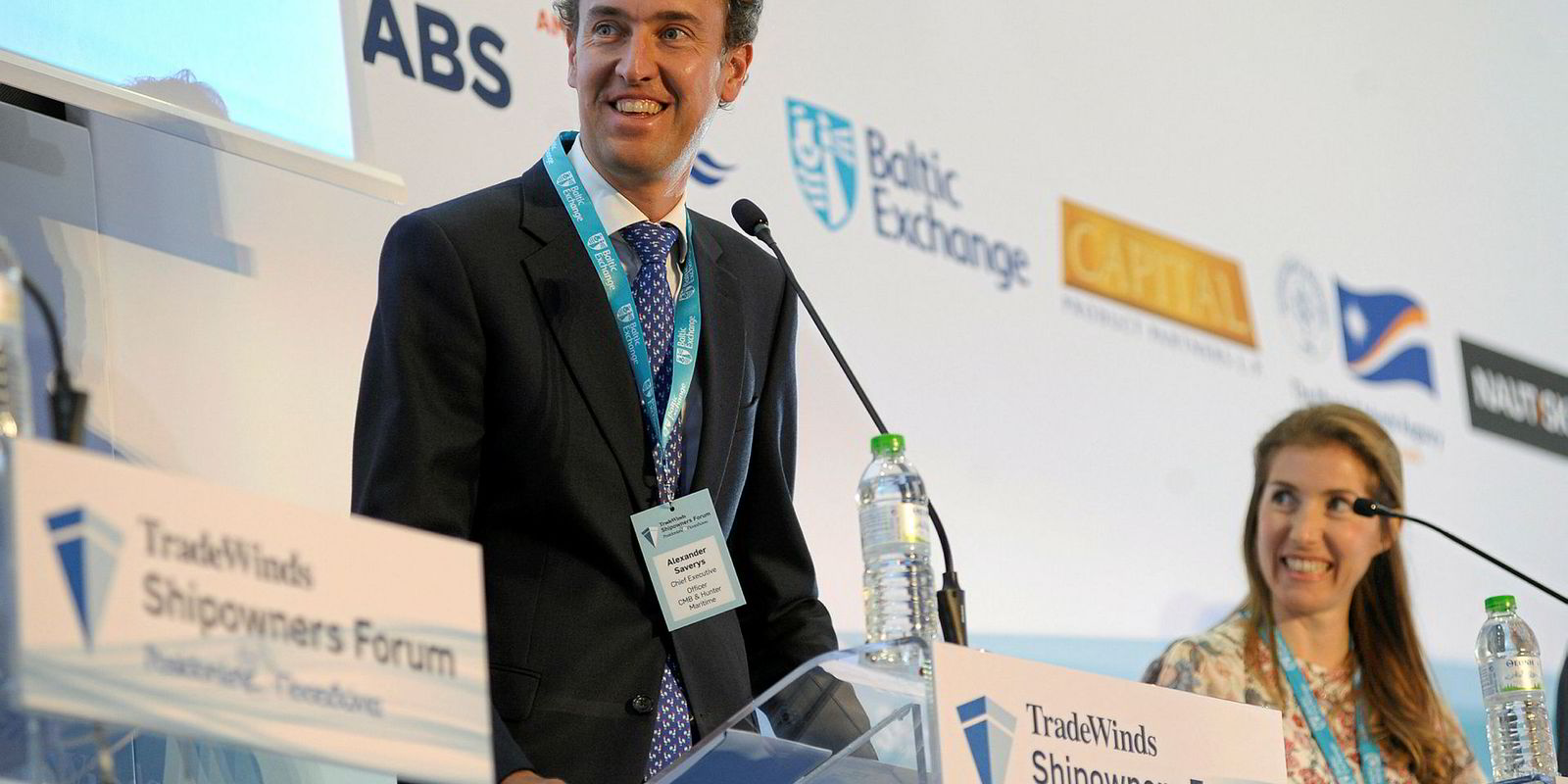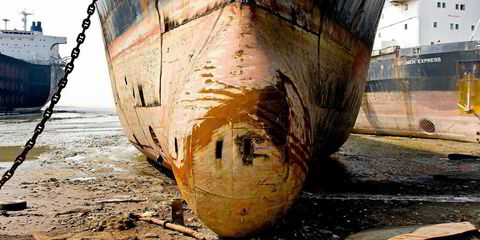Shipping risks a storm of criticism on social media if it remains wedded to the use of open-loop scrubbers, the first day of the first Global Maritime Forum heard today.
Paddy Rodgers, chief executive of tanker giant Euronav, told the gathering in Hong Kong the implementation of the 2020 IMO rules to cut sulphur emissions could end up as a public relations disaster if the public became widely aware of the issue.
“Ships with scrubbers run the risk of being branded ‘the ships that died of shame,’” he said during an open discussion that won applause from delegates at the new Hong Kong cruise terminal.
How to handle the new fuel rules remains a contentious issue, with some privately hinting there may be some delay despite all signs indicating they will come into force at the end of next year.
However, Kitack Lim, secretary-general of the IMO, told the forum there would be no backsliding on the 2020 rules.
“I will take this opportunity to reiterate the implementation date will not change. The issue now is work towards enforcement,” he said.
'Scrubbers are causing ships to go faster'
Mats Berglund, chief executive of Pacific Basin, believes the market is already adapting to higher fuel prices by slowing ship speeds, and this would become more evident when the 2020 rules come into force.
“Owners will adjust speed to fuel prices. Scrubbers are causing ships to go faster, harming carbon emissions,” he said.
Scrubbers are being installed on up to 3,000 ships to enable them to continue to burn high sulphur fuel, with owners keen to profit from the expected price spread between high and low sulphur fuel.
However, critics say it is unacceptable to reduce air emissions but flush some of that waste into the sea when using open loop scrubbers.
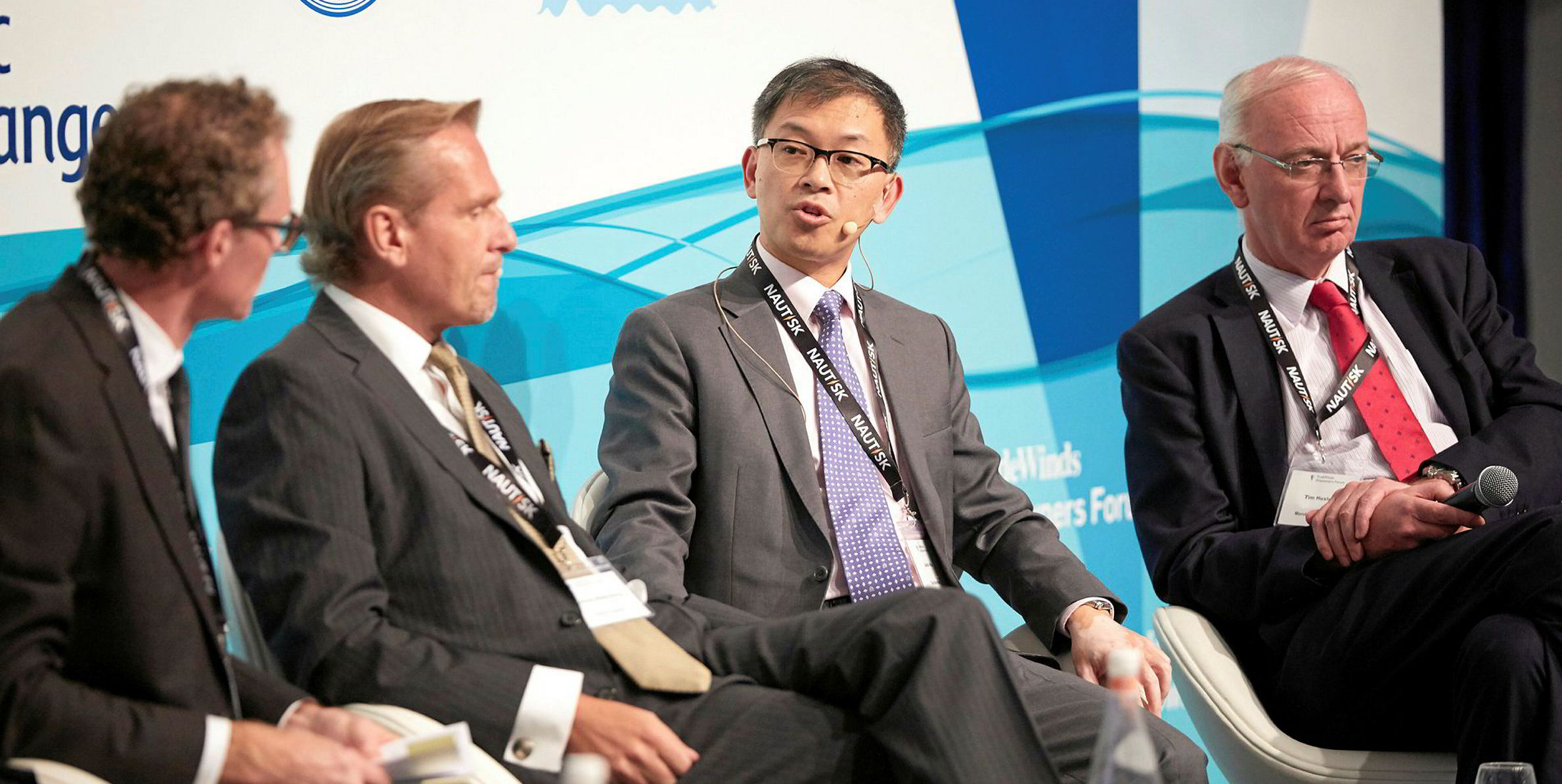
Jack Hsu, managing director of Oak Steamship and chairman of the Hong Kong Shipowners Association, said the industry needed to face up to the “reality of a multi-fuel world and the complexity of fuel handling, both on shore and on board.
“There is a large unknown technical risk. We need to discuss more and find safe solutions,” he added.
Jesper Kjaedegaard, partner in Mercator International, said shipping should go further.
“There is the need to eliminate Sulphur. We should go from high sulphur to low sulphur to no sulphur.”
The comments came during a plenary debate addressing what issues needed to be tackled to move the global shipping industry forward together.
Moderator Gillian Tett, US managing editor of the Financial Times, observed the themes emerging were around communication, collaboration and decarbonization.
Contentious issues left the industry facing “the risk of an explosive social media snowball,” she commented.
Earlier, Claus Hemmingsen, vice chief officer of AP Moller-Maersk, opened up about the impact of last year’s cyberattack on his company that cost if around $300m.
It was “painful and profound for 70,000 people” he admitted.
“Most companies do not realise how profound the risk is. The risk is real, the risk to your business.”
The forum today published its first Global Maritime Issues Monitor which found the industry is both fearful of and unprepared for cyber-attacks and data theft.
The Global Maritime Forum – nicknamed shipping’s ‘Davos’ – concludes on Thursday.


